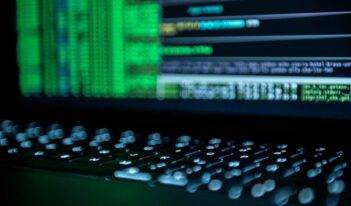Understanding the Meaning Behind USDA’s Organic Label
Scholar contends that USDA’s organic label veils corporate shortcuts and diluted standards.
Corporate Director Liability in the Era of Cybersecurity Risks
Scholar identifies a basis to hold directors liable for misleading cybersecurity disclosures.
Revisiting Broadcast Fairness
Scholars and practitioners debate the continued need for the FCC’s fairness doctrine for broadcast news.
The Viability of Local Energy Communities
Scholars discuss methods to encourage the creation of local energy communities.
A New Approach to Understanding Content Moderation
Scholars propose an alternative First Amendment framework for online platform regulations.
Lights, Camera, Deception
Scholars argue that regulators and celebrities must work to halt ads for miracle weight loss products.
Stewardship or Censorship at the FCC
Experts debate whether the FCC is necessary to the information marketplace or a dangerous anachronism.
Week in Review
The Supreme Court considers conversion therapy ban, the federal shutdown continues, and more…
Do Digital Regulations Hinder Innovation?
Scholar offers alternative explanations on why the European Union falls behind in technological progress.
Delegated Discretion is the New Deference
Scholar suggests that recent shifts in administrative law will matter less than critics fear and supporters hope.
Orbital Debris Mitigation Guidelines
Scholars address methods to ensure the long-term sustainability of low-Earth orbit.












